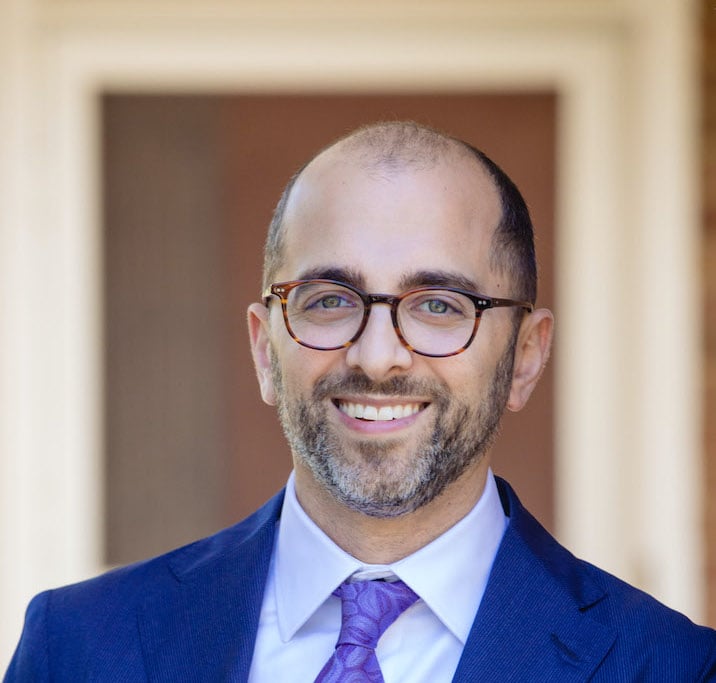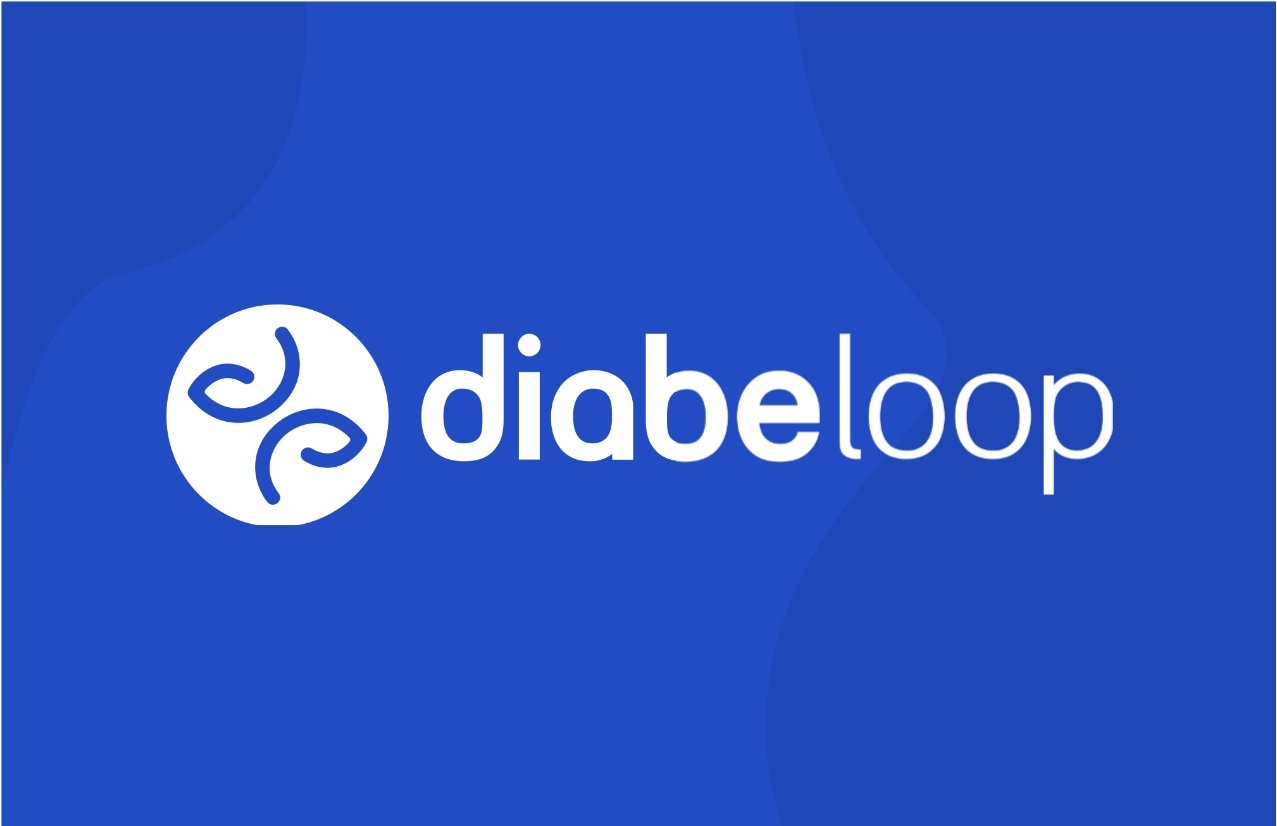Blog
Rapid vs. Traditional Market Research: Patient Insights for Healthcare

David Edelman
Founder & CEO
Market Research

Traditional market research continues to be a critical piece of any product development or marketing program. However, companies in competitive industries with increasingly discerning customers are finding that quick, iterative research can speed things up and reduce risk for their products, therapies, and services.
How to get quick, scalable insights from patients?
Until recently, gathering the data and insights needed to inform business strategy, product development, and go-to-market plans required highly experienced market researchers and weeks, if not months, to complete study design, execution, and analysis. While this approach delivered extraordinary value — and still does for aspects of the business that have large, highly-consequential impacts — today’s reality is that keeping a steady pulse on patient perspectives and preferences is equally important to success.
In short: Only the most patient-centric companies will win.
Those who integrate rapid research into the business will find they can get the answers they need to improve decision-making across a number of important areas. The first step is understanding the four ways in which rapid research is distinct from traditional methods:
-
The scope of the research is dramatically different. Traditional research is often comprehensive in scope and driven by the desire to understand a broad range of variables, whereas rapid research favors efforts that are more narrowly defined and reliant on getting patient insights fast. The added benefit of rapid research is its unique ability to fuel agile marketing and development processes so that companies can move quickly.
-
Compressed timelines are the hallmark of rapid research. Because rapid research is well suited to smaller-scope, higher-speed needs, the time it takes to go from question to answer is reduced from several weeks, and even months, to days, if not hours. The latter is possible because rapid-research solutions include on-demand access to an existing database of engaged members. This cuts down on the extraordinary time and heavy lifting associated with identifying and recruiting patients who meet the criteria of the research need.
-
Rapid research is ideal for directional insights. Given the complexity of the problems identified and associated project scopes, traditional research is good when extreme precision is the goal of the insights. But not so much when you’re looking for insights that provide direction. For example, rapid research is invaluable when teams need to know what patients think at key points in the design and development process, such as the relative importance of various device features and functions. Being able to conduct smaller, more frequent studies lets teams hone in on the right approach, which increases the likelihood of adoption while keeping launch plans on track.
Conversely, waiting until a product is finalized to conduct an exhaustive test of features and functions via traditional market research methods can result in finding out there are issues that require going back to the drawing board — an incredible waste of resources and loss of revenue that could have been avoided through rapid research.
-
Rapid research is accessible across teams and functions. The ability to expand the circle of people within an organization that can speak directly with consumers is essential to becoming a patient-centric company. Rather than requiring the involvement of a highly experienced market research specialist each and every time you want to ask a question, a rapid-research platform offers both ready-access to the target patient population and intuitive tools. This makes it easy for anyone on the team, from brand manager to product developer, to design and execute surveys, polls, focus groups, or usability studies.
Of course, the one constant in today’s evolving market research landscape is that patients want to be heard. They are deeply committed to improving the management of their health and seek an active role in the future of health care. Rapid research allows companies to harness the collective power of consumer perspectives by eliminating the constraints of traditional market research to ensure the voice of the patient is at the heart of everything they do.
About the author

David Edelman
Founder & CEO
David founded Thrivable to help patients and companies create a better world together. He is committed to bringing Thrivable's vision to life while cultivating a joyful, deliver extraordinary culture. David believes that when you bring people together to do good, everyone thrives.





